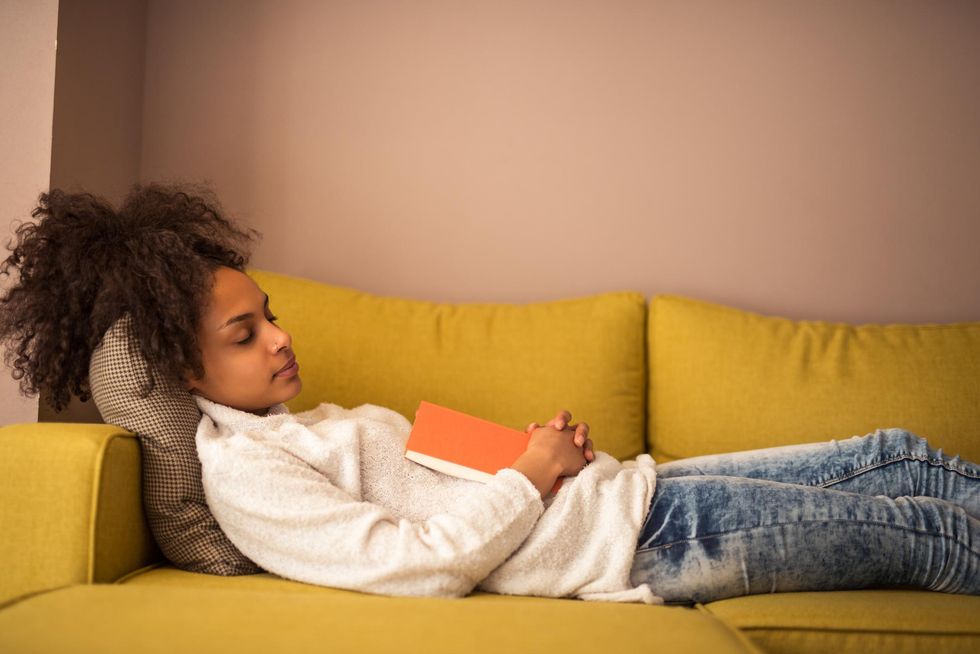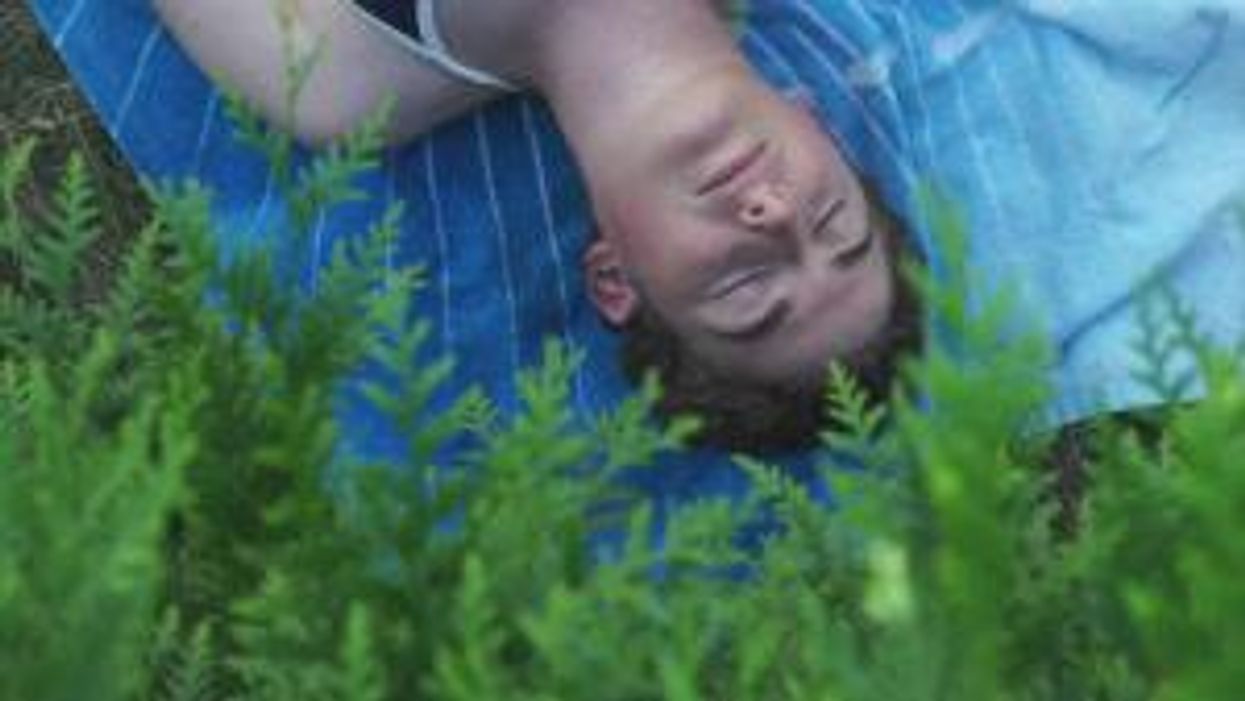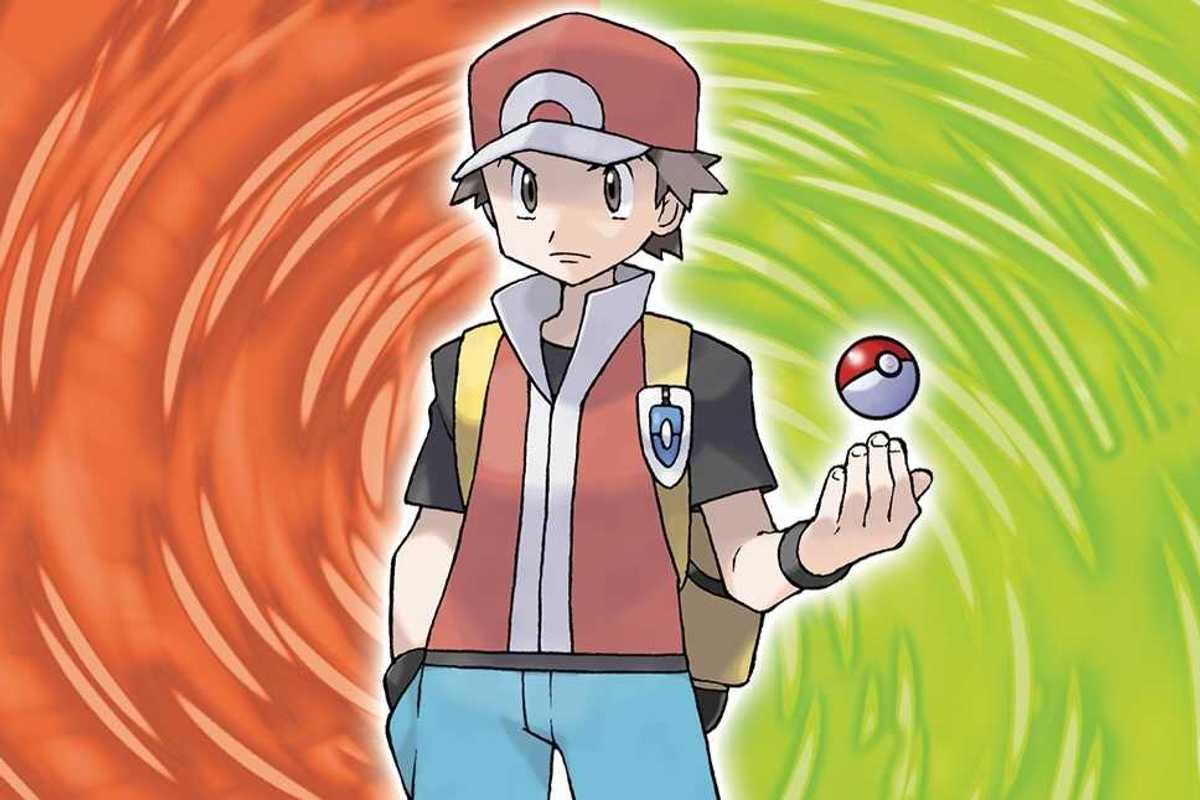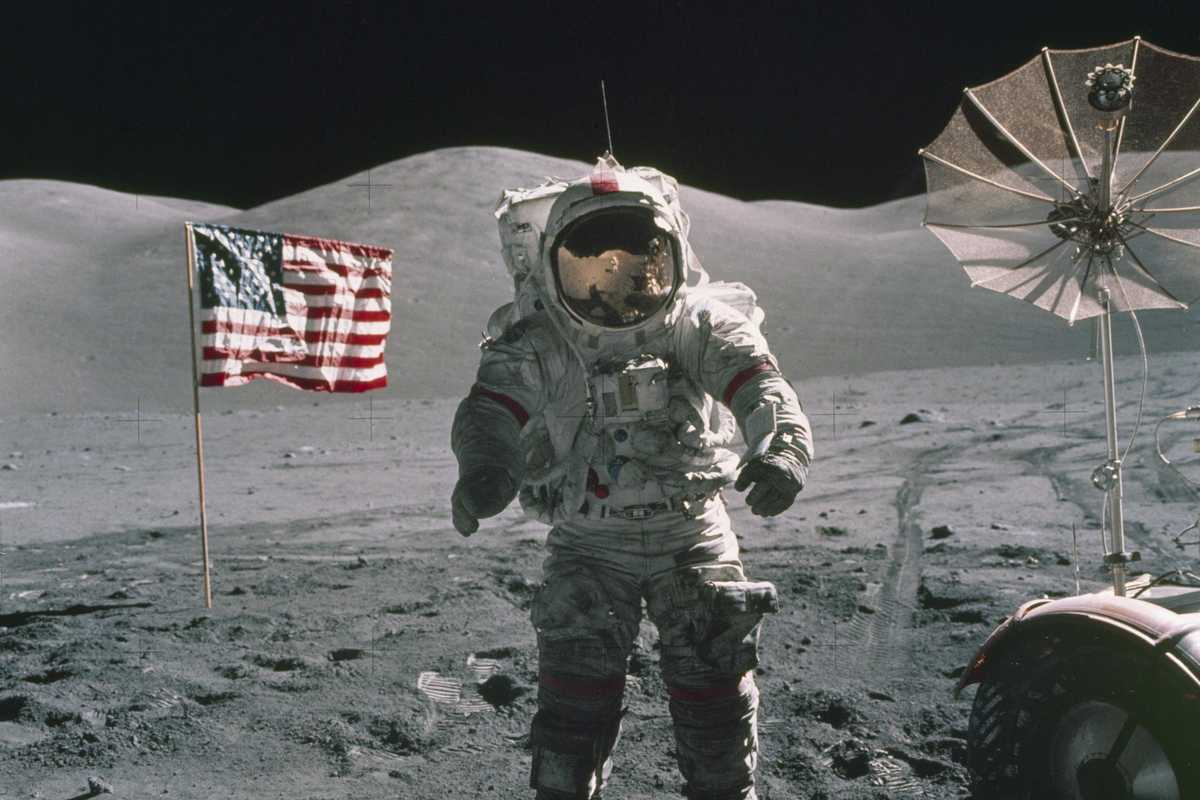Sinead Butler
Jul 26, 2022
Frequent Nappers Could Experience Health Issues
ZMG Veuer
For those who love to take an afternoon kip, there's some bad news for you...
People who nap more can be at greater risk of developing high blood pressure and stroke, according to a new study which looked into the sleeping patterns of 360,000 Brits who answered four nap questionnaires between 2006-2010 in the UK Biobank patient survey database.
Scientists at Xiangya Hospital Central South University in China found that participants who took naps on most days saw their likelihood of having a stroke increase by 24 per cent, and were 12 per cent more likely to be diagnosed with high blood pressure.
Sign up to our free Indy100 weekly newsletter
Meanwhile, occasional nappers were 7 per cent more likely to have high blood pressure and 12 per cent more likely to have a stroke compared to those who don't.
High blood pressure increases your risk of having a stroke or heart disease, the CDC says.
Though napping doesn't seem to be a popular pastime as less than one in 20 participants said they napped most days, in contrast to six in ten who said getting some momentary shut-eye was a rare occurrence, or never even happens.

In this research, the duration of naps was not recorded - just how often they occurred.
Younger people out there also see an increased health risk with short snooze since the study found that under-60s who napped most days had a 20 per cent higher risk of getting high blood pressure while this figure was 10 per cent for over 60s.
However, napping itself may not be the problem according to experts - but in fact, it may highlight poor health linked to a lack of sleep that causes people to take naps.
“This study echoes other findings that generally show that taking more naps seems to reflect an increased risk for problems with heart health and other issues," Dr Michael Grandner from the American Heart Association who was not part of the study.
"This may be because, although taking a nap itself is not harmful, many people who take naps may do so because of poor sleep at night. Poor sleep at night is associated with poorer health, and naps are not enough to make up for that."
But for those needing a rest, the optimum nap time is 10 to 20 minutes according to NASA whose research found that power naps increased their pilots’ performance by 34% and improved their alertness by up to 54%.
Have your say in our news democracy. Click the upvote icon at the top of the page to help raise this article through the indy100 rankings.
Top 100
The Conversation (0)













